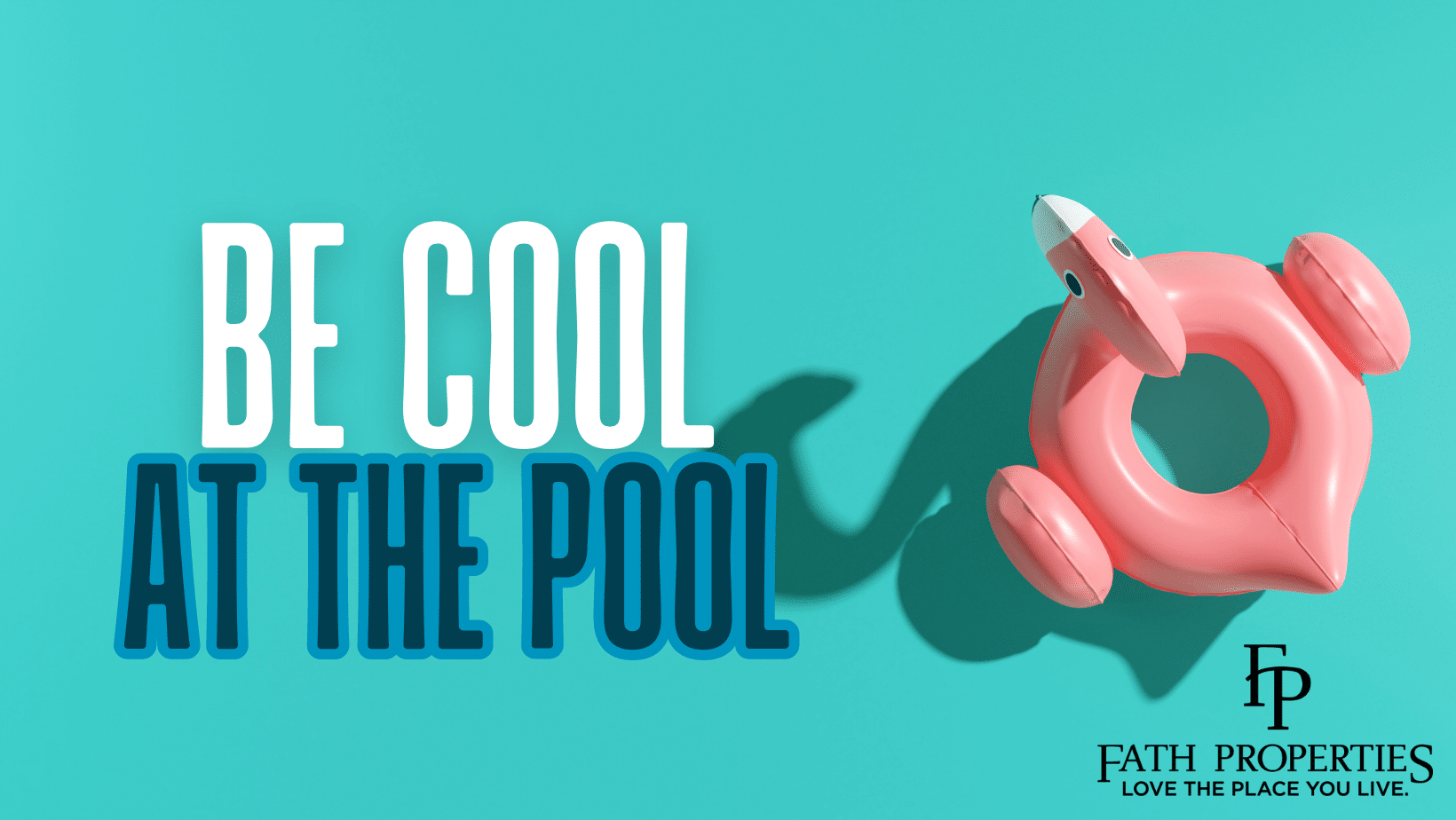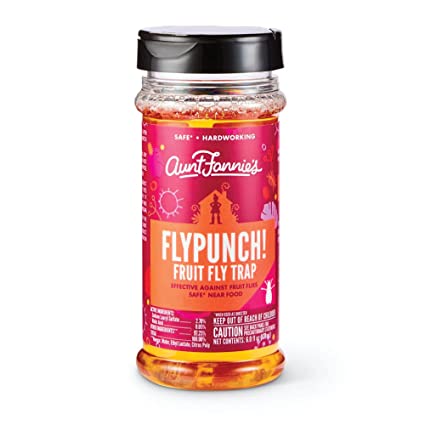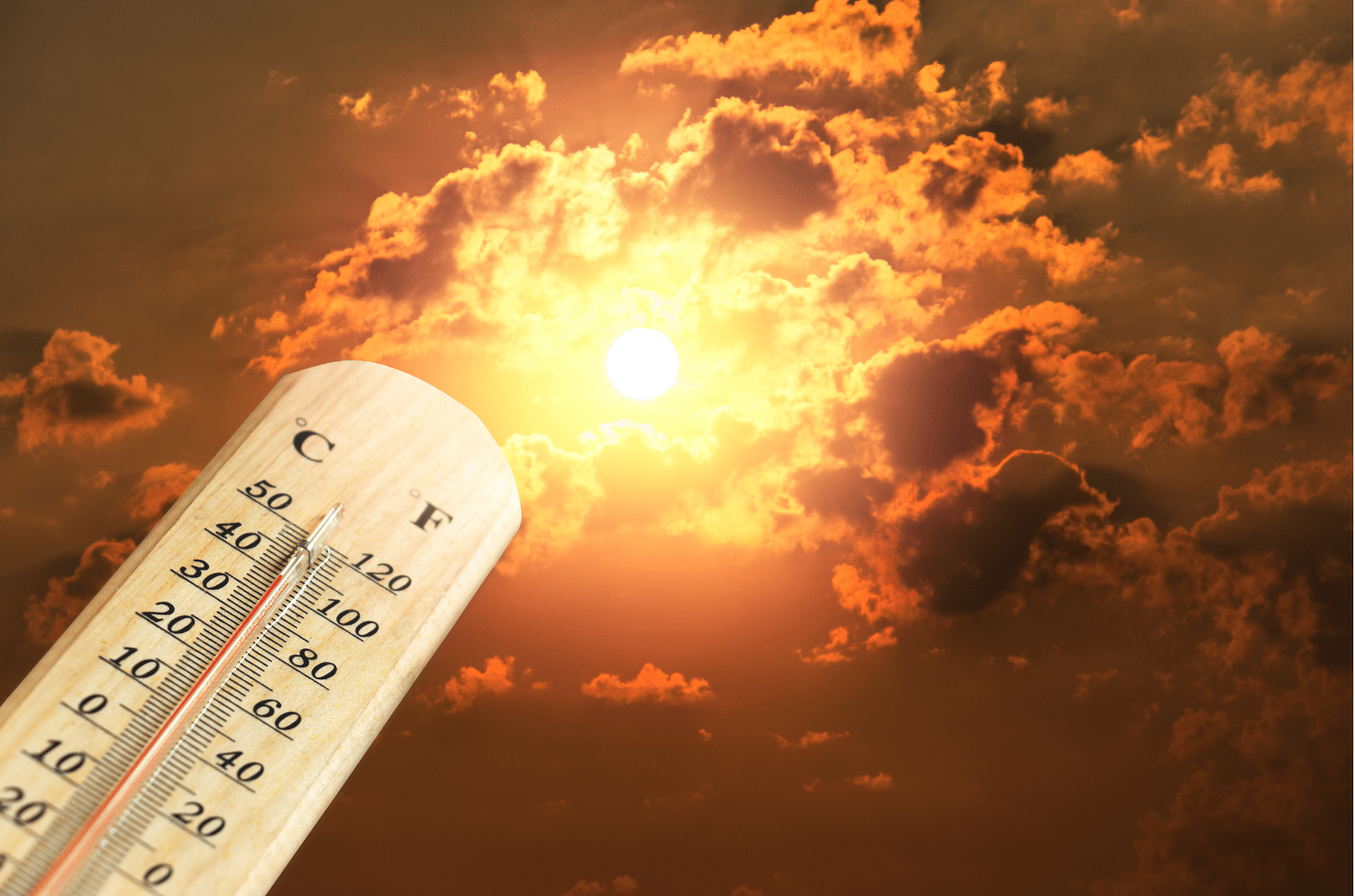Summertime….and the livin’ is easy…especially if there’s a sparkling pool where you can chill on a hot day. But chillin’ only happens when everyone is mindful of their own behavior and are kind to fellow chillers. So here are some guidelines on how to Be Cool At The Pool.
Running, jumping, diving, pushing, roughhousing, and/or weapons are the epitome of uncool.
Activities that may send you – or someone else – to the ER are off limits and totally uncool.
Be cool about saved chairs.
Sorry, lounge chair monitors. Saving a seat around the pool is just fine – within reason. Respect that a chair with a towel is taken. But chair savers need to be respectful of others too. It’s not cool to save yourself a seat hours ahead of time, save an entire umbrella table for just yourself, or save half a dozen chairs. Only use chair space you need for sitting; your stuff doesn’t need a seat. Looking for a great pool towel that’s beautiful, dries quickly and takes up very little space in your pool tote? Click here.
Shower before getting in the pool.
No one wants a layer of another person’s body grime floating around the pool. Rinse off in the shower before taking a dip, especially if you’ve been running or working outside all day. If you’re sick or have an open wound? You know what to do – stay out of the pool entirely.
Dress appropriately.
Yes, we all noticed you spent all winter working on your beach bod. But, no one wants to see your downstairs outline or extreme cleavage, especially when there are kids around. Be respectful, dress confidently but modestly, and keep the G-string and banana hammock for the beach. Be cool at the pool; save street wear for the street and wear swimwear to swim. Wear pool shoes or flip-flops everywhere in the pool area (except in the water) and in the restrooms.
If it’s breakable, leave it home.
Glass of any kind and other breakable items are strictly prohibited. Folks will be barefoot for heaven’s sake! Choose from one of a boatload of uber cool, environmentally safe non-breakable drinking vessels and beverage carriers instead.
Keep your music to yourself, use your indoor voice, and watch your language.
It’s nice that you love your music and want to share with the world, but the world didn’t ask. Keep the tunes low enough so only you can hear, or wear ear buds. If someone asks you to turn down your music, do it. Some venues do not allow audible music, so check the rules and be sure to bring your headphones (check out waterproof headphones here) or waterproof earbuds.
Follow established pool rules.
All pools will post rules somewhere along the fence or on the gate doors stating what is permitted and prohibited at the pool, safety rules, and pool hours. These rules apply to everyone including you, your family, and your guests.
Clean up after yourself, you animal.
Bringing snacks and refreshments are usually allowed at most apartment pools (no glass of any kind ever). But don’t abuse the privilege by leaving wrappers, food, cans, and trash around your seating area. Be cool at the pool and keep things clean around you by making frequent trips to the garbage/recycling.
Spray with caution.
Many people prefer the spray over lotion sunscreens of easy application. While SPF is a must, spraying everyone around you is not. To contain the contents and mist, spray in your hand and apply where needed. If you must spray, walk to an area away from others to spray. Click here for the best sunscreens of 2023.
Keep the gate key or gate code to yourself.
Your community’s pool is a private pool for you and your neighbors. Inviting friends over for a swim is totally acceptable (provided you follow the guidelines for guests), but giving your access key or pool code out to everyone you know is not – and you may be violating terms of your lease.
Let kids have fun safely.
Splashing and screaming is second nature to children, but you and your kids still have to be courteous and considerate of other pool-goers. If your kids start to get rowdy, run at the pool, or get overzealous with the splashing, have them take a break until they have calmed down.
Don’t take your eyes off your kids because this could allow annoying behavior (everyone wants and deserves a peaceful environment) and potentially be very dangerous. Know your kids’ swimming ability and be with them at all times. You birthed ‘em; you’re responsible. Here’s a great article about kids and pool safety.
Be nice.
Be cool at the pool; treat others with kindness and courtesy so everyone has a good experience in and around the swimming pool and sun deck.
Now get out there all you cool cats and enjoy some fun in the sun, tanning, swimming, and chillin’ poolside.








